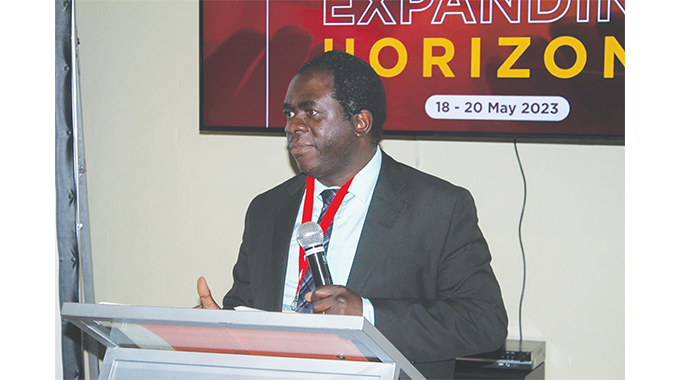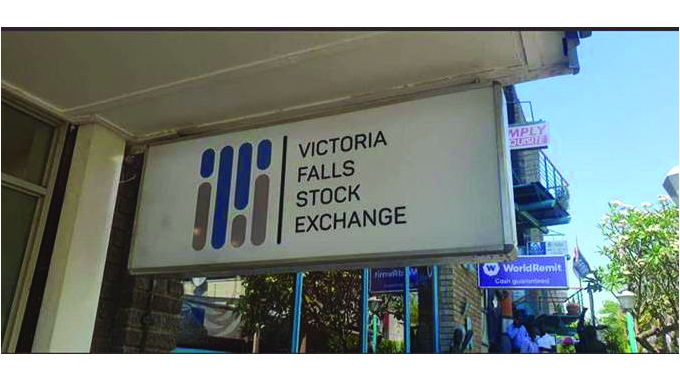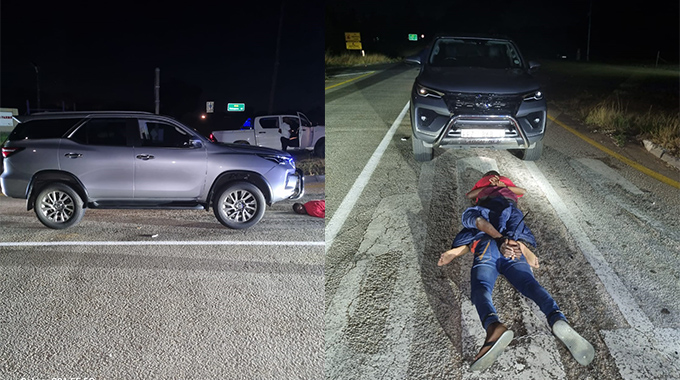Government rebukes exorbitant private medical fees

Mkhululi Ncube, @[email protected]
GOVERNMENT has criticised the tendency by some medical professionals who poach patients from public health institutions and then go on to demand exorbitant fees from the same desperate clients.
Some health practitioners at public institutions are said to be diverting patients seeking health services at affordable public hospitals to their private surgeries where they charge more for the same services.
This has in the past led to calls to ban private practice by Government doctors so that they give their undivided commitment to patients.
In a speech read on his behalf by Mpilo Central Hospital chief medical officer, Dr Narcisius Dzvanga at the official opening of the 11th annual conference and annual general meeting for the Zimbabwe Association of Neurological Surgeons last Friday, Vice-President, Dr Constantino Chiwenga, who is also the Minister of Health and Child Care, said Government was concerned about exorbitant fees charged by some doctors.
The conference was held under the theme: ‘‘Expanding Horizons’’ and tackled a number of issues including challenges facing the sector and how neurological surgeons can improve their expertise.
“The ministry is concerned by exorbitant fees charged by some of us as well as the growing tendency of poaching of patients from Government or public sector to private sector for personal gain. I hope your association will address this so that the public continues to have trust in our health delivery system,” said Dr Chiwenga.
He said the ministry was determined to grow specialist professionals within the health sector for the benefit of patients, adding that the Government was alive to the need to continuously improve the welfare of health staff and various incentives on offer.
“The Ministry of Health and Child Care will continue to endeavour to retain health professionals by way of improvement of salaries and other non-monetary benefits. I hope most of you have benefited from the duty-free car scheme. I am aware that most of you will prefer even more non-monetary benefits and all ideas are welcome from the practitioners as to what they think is feasible, what they think can help the ministry retain the critical health workers who are migrating to the diaspora,” said VP Chiwenga.
He said the ministry was also addressing equipment and other medical challenges for the profession with NatPharm expected to tackle the challenge.
Dr Chiwenga challenged health professionals to put to the table the equipment they need in order to improve service delivery.
“The Ministry of Health has already started the procurement process of all surgical tools and other equipment. NatPharm will be purchasing new and replacing old equipment that you need. We are aware of all the sub-specialties in the country within the medical profession and the need to supply the equipment unique to their services,” he said.
Dr Chiwenga urged the doctors to start listing all the equipment they need as this could not come from administrators.
Addressing delegates, the president of the Zimbabwe Association of Neurological Surgeons Mr Aaron Musara said the country has come long way in producing neurological surgeons with 26 trained so far.
He said the association has been focused on growing the profession in the country through the support of the Government.
“Through the efforts, which have been made by our Government and all of you making sure that we advance in surgery, we have seen growth in the discipline. The services of neurological surgeon’s services were largely for Harare and all patients had to be referred from all corners of the country to Harare,” said Mr Musara.

Zimbabwe Association of Neurological Surgeons president Mr Aaron Musara. — Pic: Delane Muchengi, Lugid Events Management
He said a lot has been done to train the specialist doctors and the country has so far trained 26 neurosurgeons.
“Four of them were trained for the region so they went back to their countries and they are doing great work,” said Mr Musara.
He said this has seen hospitals outside Harare like Bulawayo, Gweru and Chintugwiza opening neurological surgeon centres.
Mr Musara said all specialist hospitals being built by the Government must have neurosurgeons and equipment.
“We also appeal to Government to support the establishment of a database for diseases as was the case before,” said Mr Musara. — @themkhust












Comments